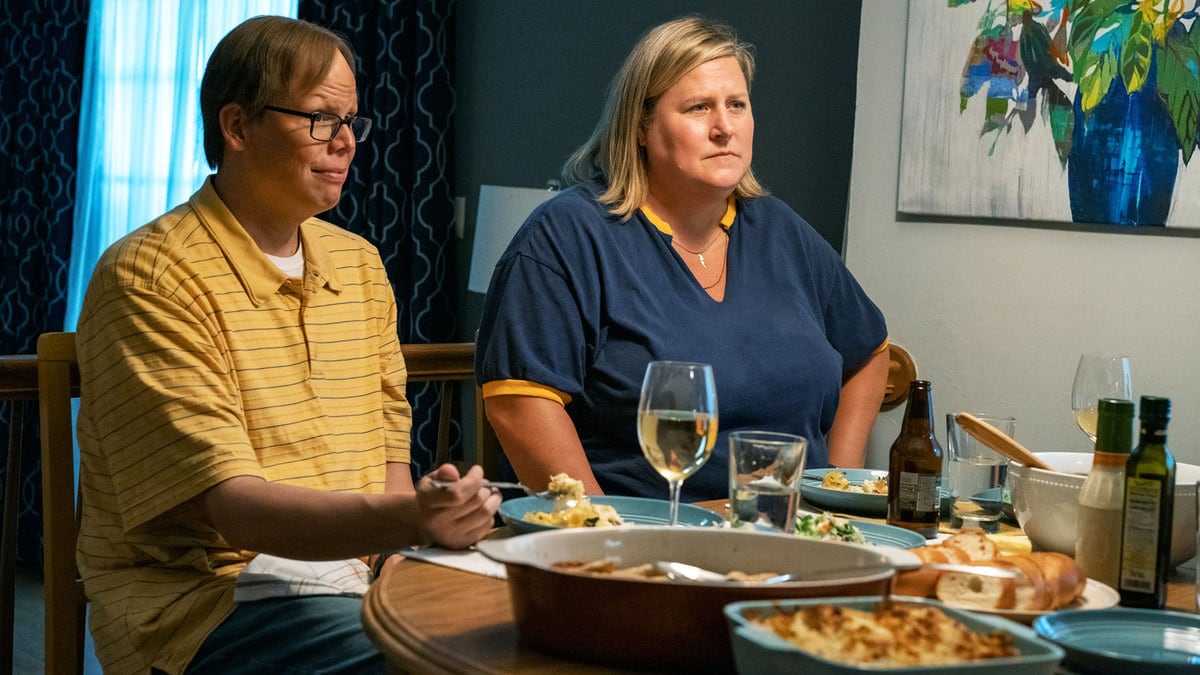No TV Show Deserves to Be a Hit More Than ‘Somebody Somewhere’
WATCH THIS SHOW!
HBO’s gorgeous dramedy is TV’s sweetest slice of life, with performances that will break your heart and heal it all over again. It really is that special—and that good.

Trending Now





